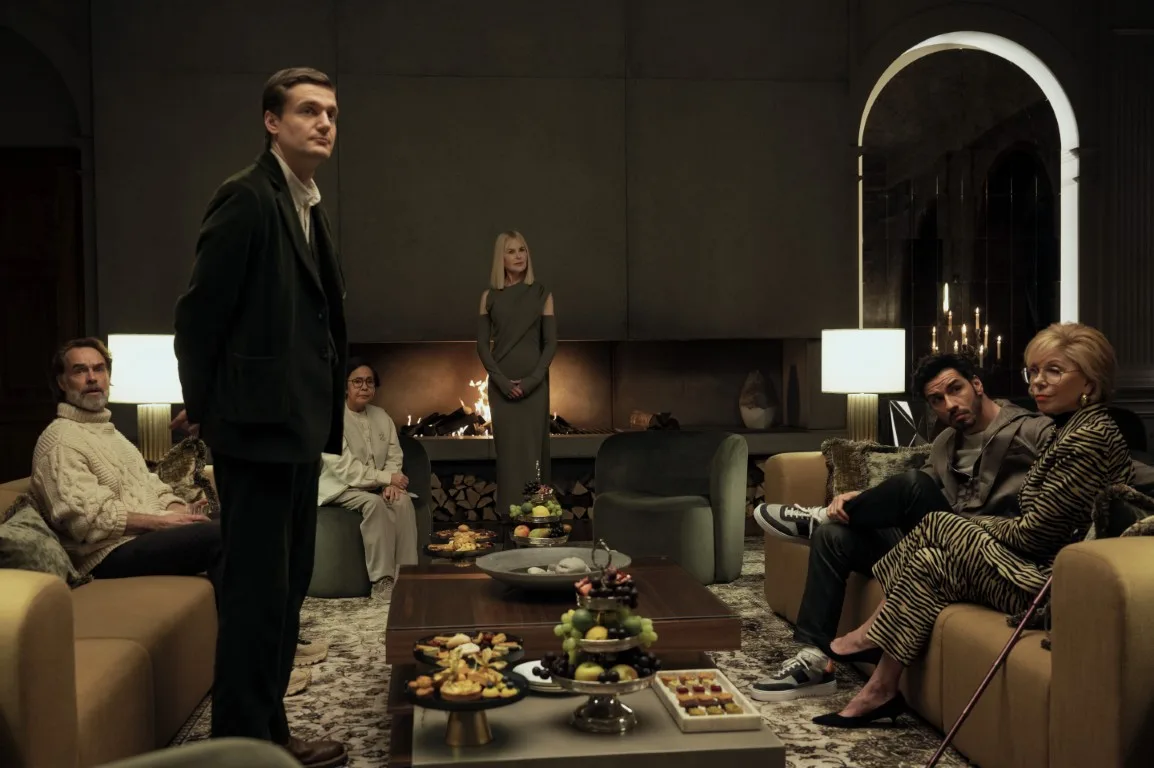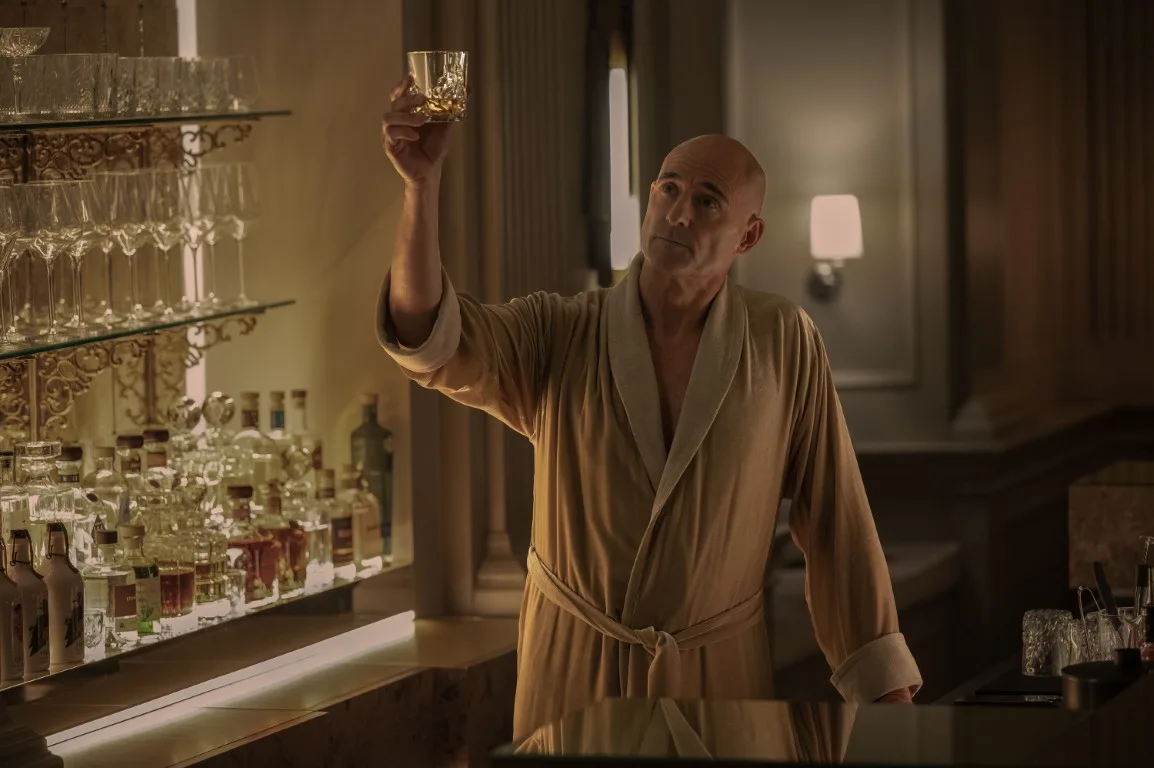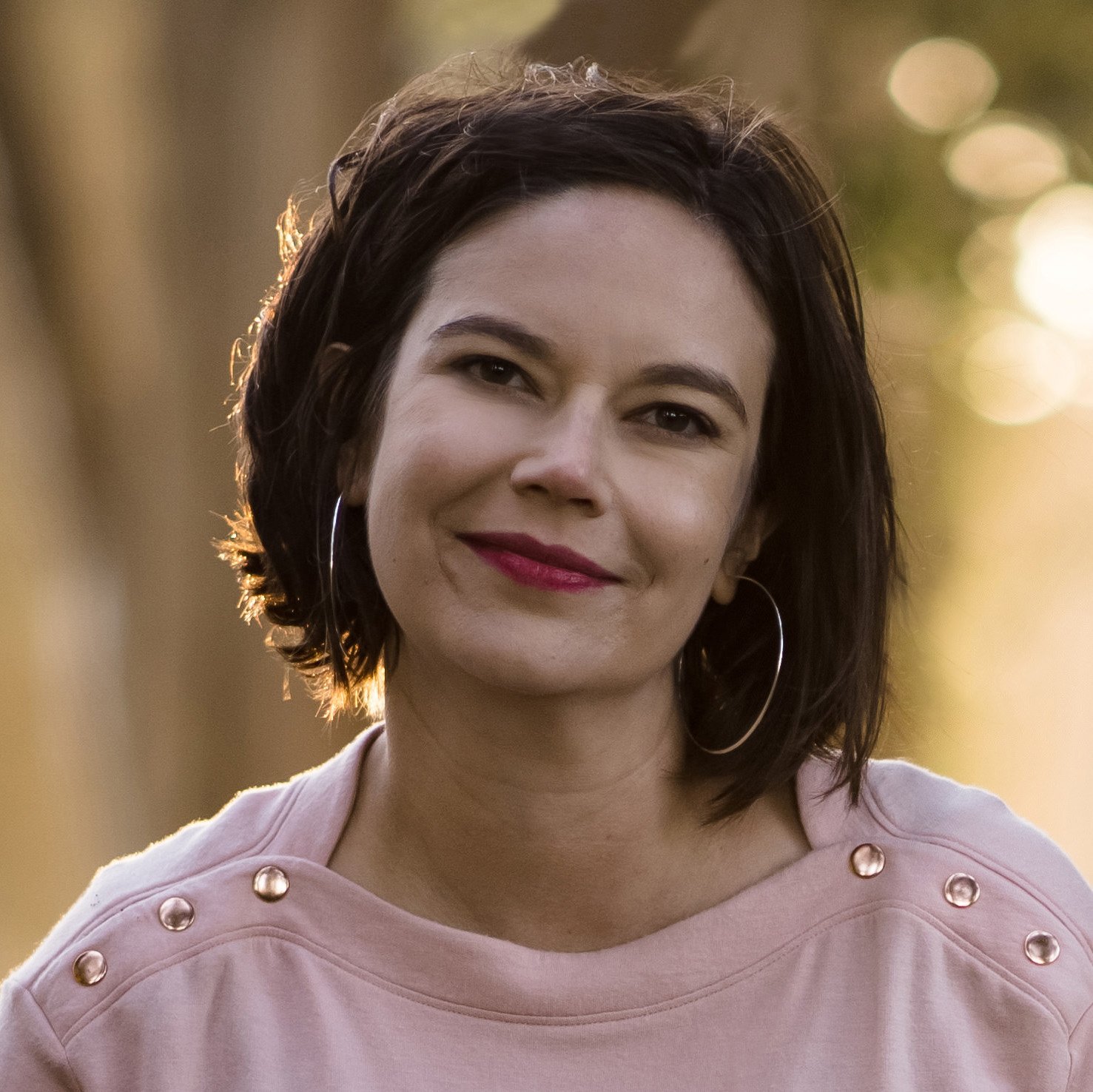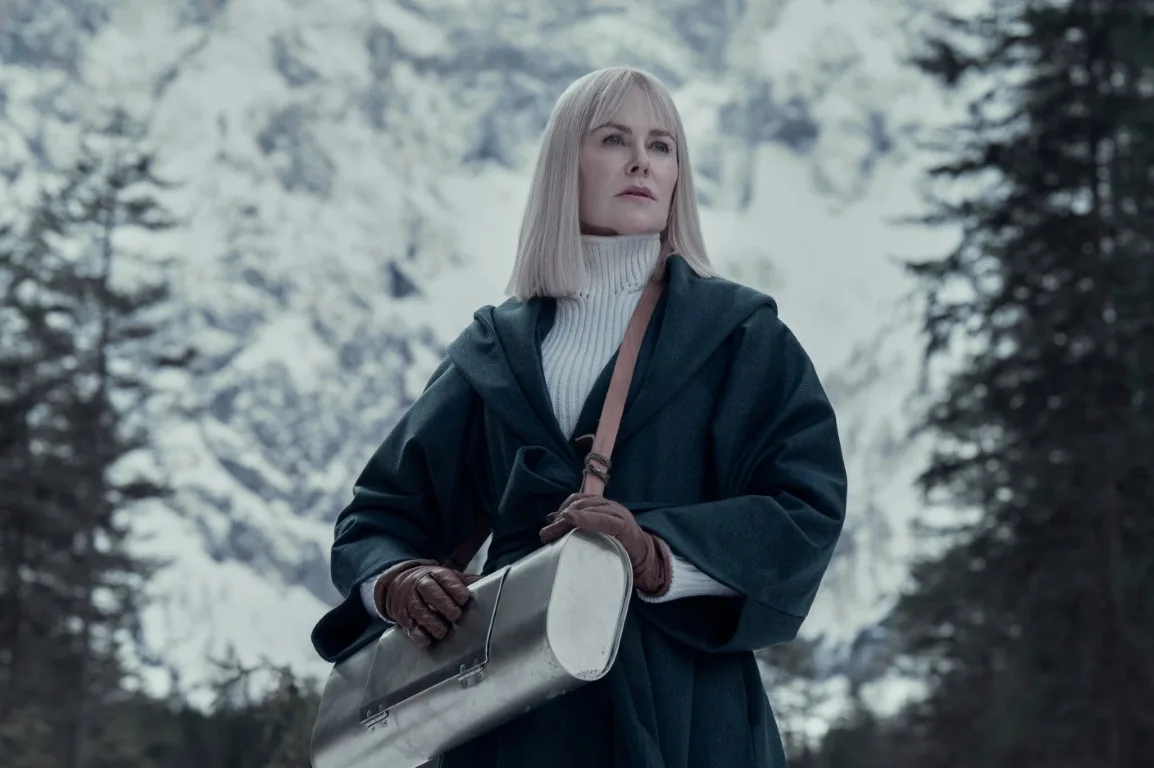“Nine Perfect Strangers” started as a maximalist show, with Nicole Kidman bewitching those around her as Masha Dmitrichenko, the Eastern Bloc wellness entrepreneur who promised personal transformation with her custom psychedelic therapies. The second season duplicates that formula with a new set of nine strangers, this time in the snowy Swiss Alps.
If you felt the first season was heavy on Masha’s backstory—the death of her child, her multiple careers, her near-death experiences—the second season won’t be for you. It goes even deeper into our lead’s history, stripping away the mystery surrounding her and making the show less compelling.
As a human (rather than a nearly mythical figure), Masha isn’t as interesting but somehow draws more attention. She’s no longer a cipher for her guests/patients, but rather a strange and unrelatable person in her own right. Her choices are outlandish if not inexplicable, and no number of flashbacks will make them less so. Plus, with so much time spent on close-ups of Kidman’s slight change of expressions, the second season of “Nine Perfect Strangers” leaves many of the titular strangers as just sketches, rather than full-blown people.

The time we do get with them too often descends into tired drug humor. That’s a shame, because season two still boasts the same pedigree of raw talent. For example, Annie Murphy plays Imogen, the bitter daughter of Christine Baranski’s fabulous but vacuous Victoria. Both women are always a delight to see. Still, this edition of “Nine Perfect Strangers” saddles Murphy with a useless Heidi montage and fails to give Baranski a therapeutic self-discovery arc at all.
Meanwhile, Murray Bartlett deploys his signature mix of warmth and smarminess as disgraced TV child star David. While he develops meaningful relationships with the other guests, he spends much of his screen time talking to a stuffed bear (it was his puppet on his show). This choice might have worked once or twice, but the creature is just as much of a character in this season as Zach Marconi (Hal Cumpston), the teen whose death continues to haunt his family, in season one. Needless to say, the bear carries none of Zack’s emotional weight.
Thankfully, Dolly de Leon brings some serious heft and humor as Agnes, a world-famous nun facing a crisis of faith. Her arc is compelling, as we see her grapple with how she has failed her faith and the church has failed her. At the start, she’s in full nun mode, even as she’s out of the habit, forsaking the bed in her room to sleep on the floor and avoiding any physical pleasures. But after a meaningful trip (both geographically and psychedelically), she begins to change, eventually finding friendship, joy, and perhaps even forgiveness.
So, expect a sophomore slump when you tune into this edition of “Nine Perfect Strangers,” even as it replicates parts of the first season’s formula. While the 2021 installment was based on the best-selling novel by Liane Moriarty, this one must chart its own course, and showrunners John-Henry Butterworth and David E. Kelley appear not to know what audiences responded to in their first outing. Favoring a grabbag of the original’s elements rather than its deep character exploration, this season gives us more wacky drug sequences, more close-ups of Kidman, and more beautiful settings. Some of which work and some don’t, culminating in an uneven venture.

Rather than focusing on the contours of grief, healing, and loneliness, this season attempts a class analysis with the introduction of a billionaire character, David Sharpe, played by the forehead crease in Mark Strong’s otherwise appealing face. He’s supposedly there at the invite of his son (a charmingly clueless Henry Golding) on a journey of reconnection, although Masha has to start by humbling him so that he might concede that he is, in fact, imperfect.
For most of the season, David floats along on his conflicts with the various inhabitants of Masha’s Zauberwald retreat. Not until the ultimate episode does “Nine Perfect Strangers” really get to the business at hand of critiquing his wealth and role in a corrupt capitalist system. The episode is arguably the strongest of the bunch, offering heart-racing action sequences and personal epiphanies.
Yes, some of its elements are predictable, but many are not, and the combination reveals what “Nine Perfect Strangers” does best—combining a combustible group of people (all played by strong actors) in the off-kilter setting of shared hallucinations while nudging them to grow.
But then, the show retreats, backing away from its class commentary so David can be a foil to Masha again in the final stretches. That their meeting takes place within a bizarre product placement sequence further underscores how off the tone can be in this season of “Nine Perfect Strangers.” It’s not profound or even heartfelt this time, certainly not even approaching the transformational experience Masha is peddling. It’s more like an evening passing around a bong in a college dorm room and watching cartoons. Fun, but entirely forgettable.
Full season screened for review. Premieres on Hulu May 21.












